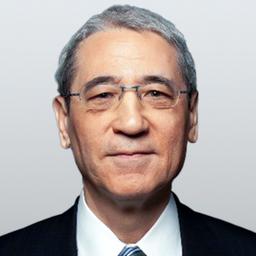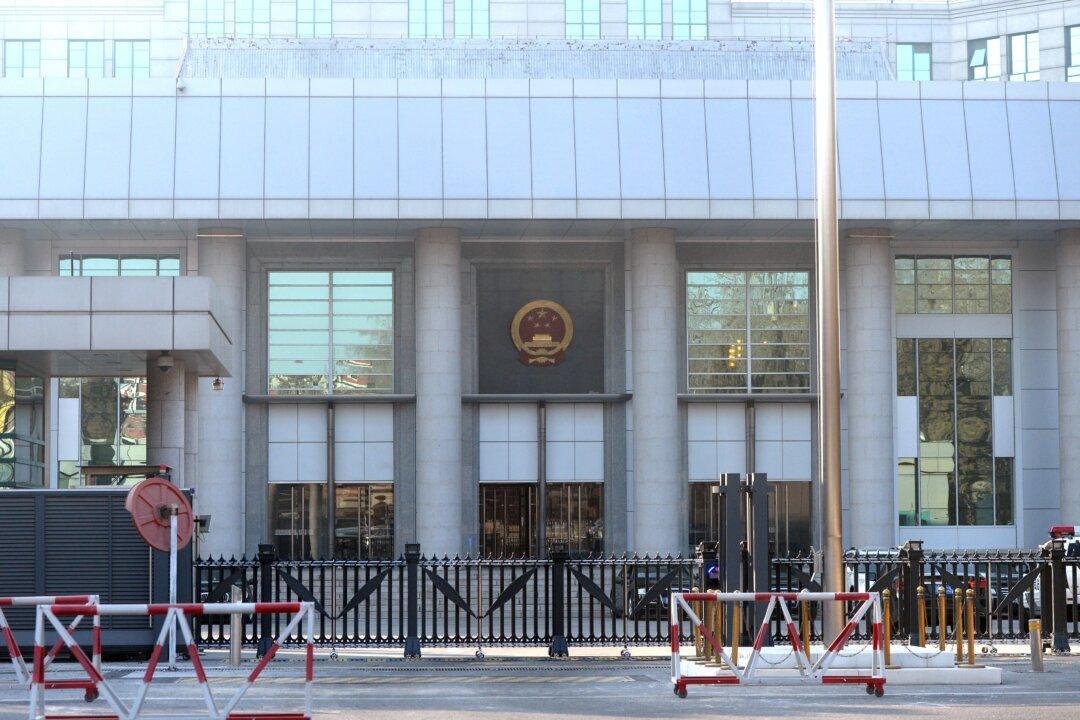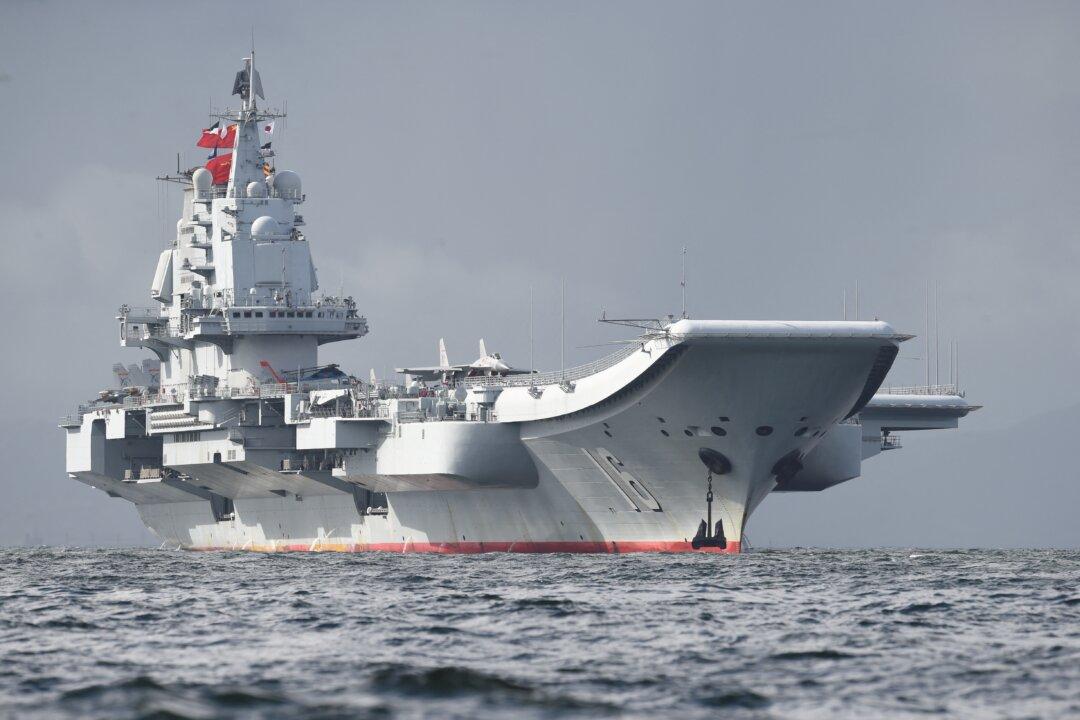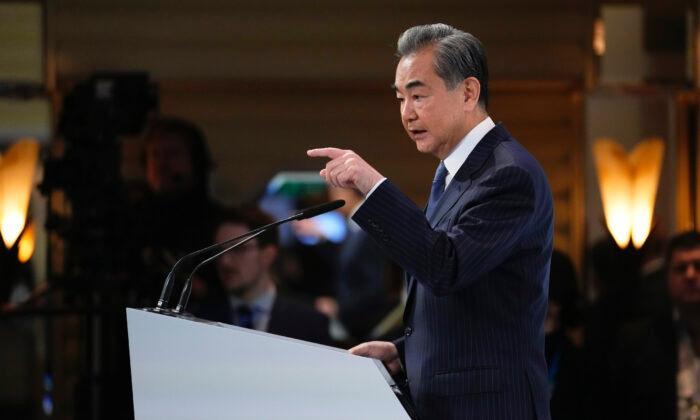These comments suggest a marked deterioration in relations between Washington and Beijing. What is happening?
Xia was referring to a tactic employed many times in ancient Chinese history. Perhaps the most famous “empty fortress” tale comes from the Three Kingdoms period, when military strategist Kung Ming had to figure out how to repel an invader, Sima Yi, with few troops. Kung appeared on his fortress wall in a confident pose, which convinced Yi to retreat.
In all probability, Xi and Qin were employing this ancient tactic, attempting to intimidate the Biden administration into not enforcing or adopting measures they do not like.
The Hudson Institute’s Miles Yu, another leading China watcher, reminds Americans that the Communist Party is using a time-worn tactic of “Using Confrontation to Promote Cooperation.”
Chinese rulers, I think, understand that war at this moment would not be in China’s interest. Yet just because they may know better does not mean Americans and others should feel assured or relieved.
For one thing, no one outside a small circle in Beijing knows what Chinese leaders in fact intend, so it is exceedingly dangerous for others to base policy on what they think China’s decision-makers are thinking. Over the course of four decades, there has been far too much “mirror imaging.” American leaders, for instance, have continually told their Chinese counterparts what they should think—nothing wrong with that—but then assumed that the Chinese thought the same as they did.
The world needs to look at what the Chinese leadership is in fact doing. Xi appointed what is now known as his “war Cabinet” in October 2022, at the Communist Party’s 20th National Congress; he is implementing the largest military buildup since the Second World War; he has been trying to sanctions-proof his regime; and he is mobilizing the civilian population for war. Communist Party cadres, for example, are taking over privately owned factories and converting them from civilian to military production.
Whatever China intends, its intended victims need to match its preparations. There has never been a time when it has been more important to deter the People’s Republic of China.
Moreover, beginning on Jan. 28, China’s large spy balloon intruded into American airspace and proceeded to surveil nuclear weapons sites, including Malmstrom, F.E. Warren, and Minot Air Force bases, which house all of the United States’ Minutemen III intercontinental ballistic missiles. The balloon also passed close to Whiteman Air Force Base, home to the nuclear-capable B-2 bomber fleet, and Offutt Air Force Base, the headquarters of Strategic Command, which controls U.S. nuclear weapons. This path suggests China is gathering intelligence for a nuclear strike on the United States’ strategic weapons—and shows Beijing’s utter disrespect for the United States.
Whatever China’s intentions, this cannot end well. Xi Jinping, for instance, will not stop talking about war. The world, and the United States in particular, needs to listen. As Charles Burton of the Ottawa-based Macdonald-Laurier Institute told Gatestone, “Xi has completed his purge of all dissenters and now hears no moderating voices to rein in his great thirst for military adventurism driven by extreme ideological resentment of the United States.”
“Will the U.S. lose its own composure and confidence to fall into hysterical style of politics?” CUNY’s Xia warns. At this moment, hysteria is not the problem. The problem is complacency. Xi Jinping and Qin Gang, whatever they are doing, are establishing a justification to strike the United States—and they are making preparations to do so.





